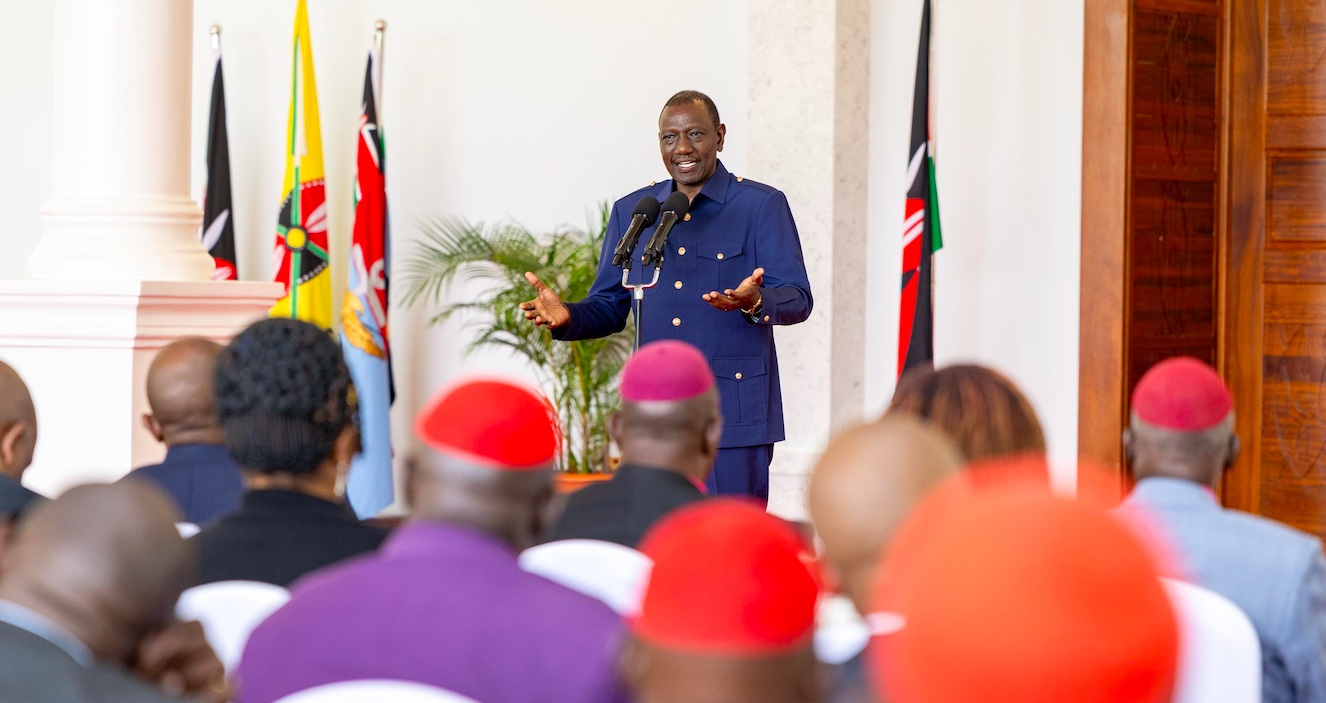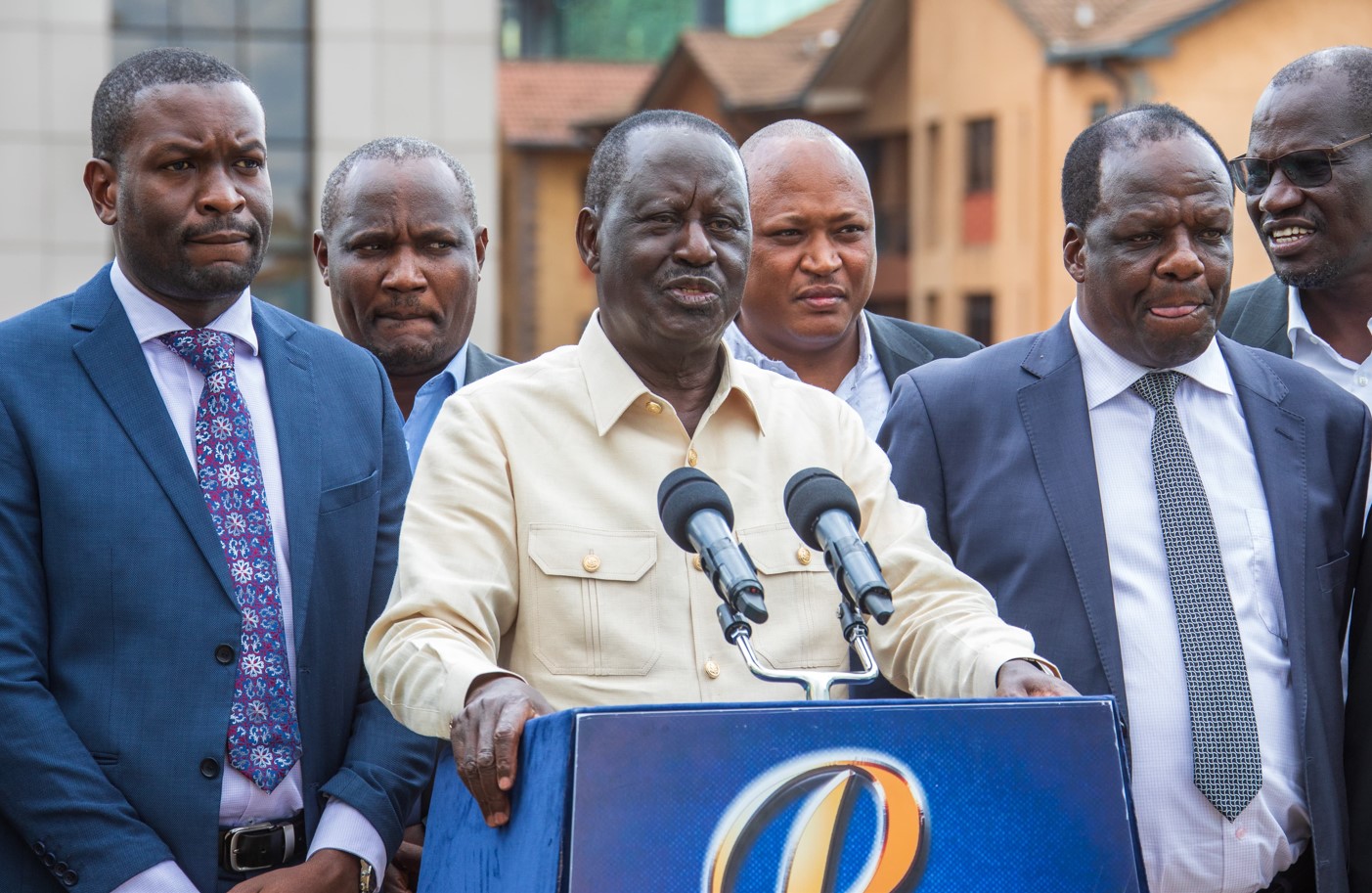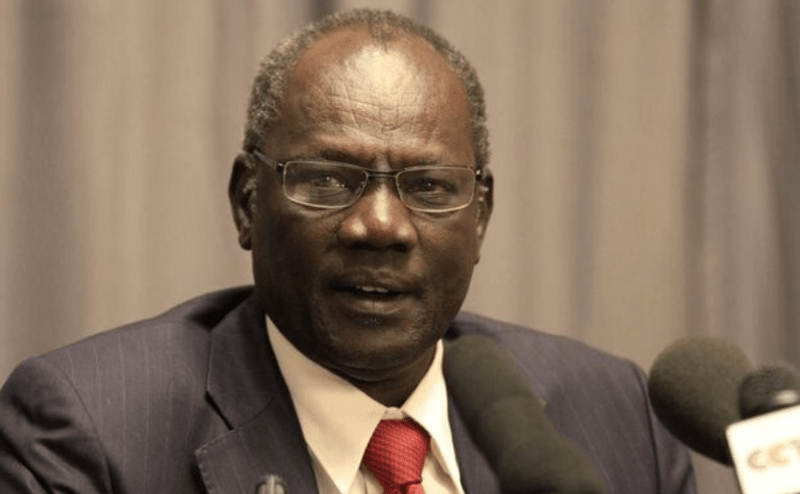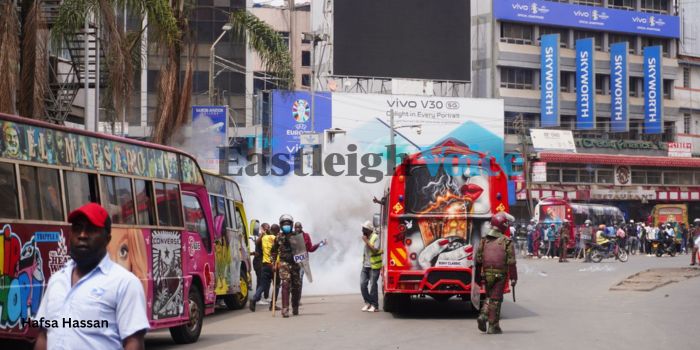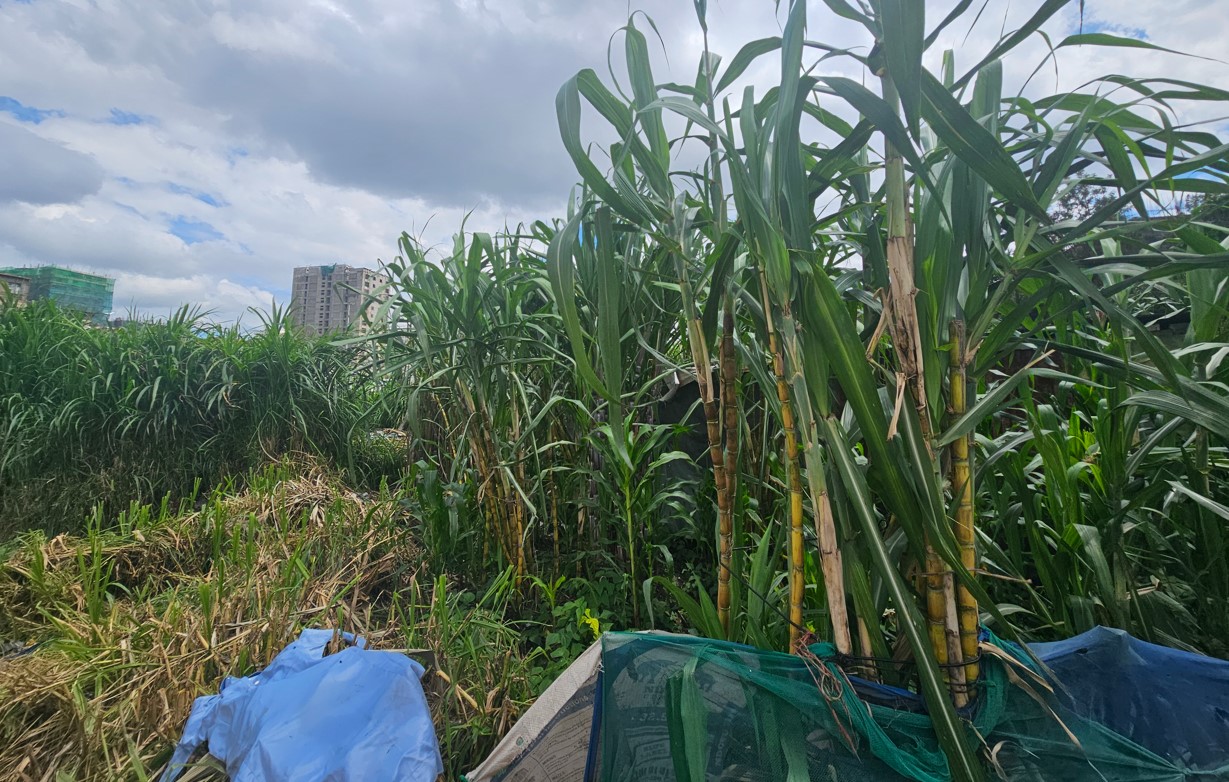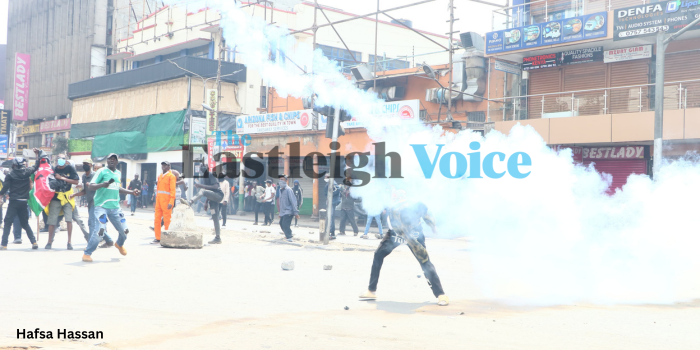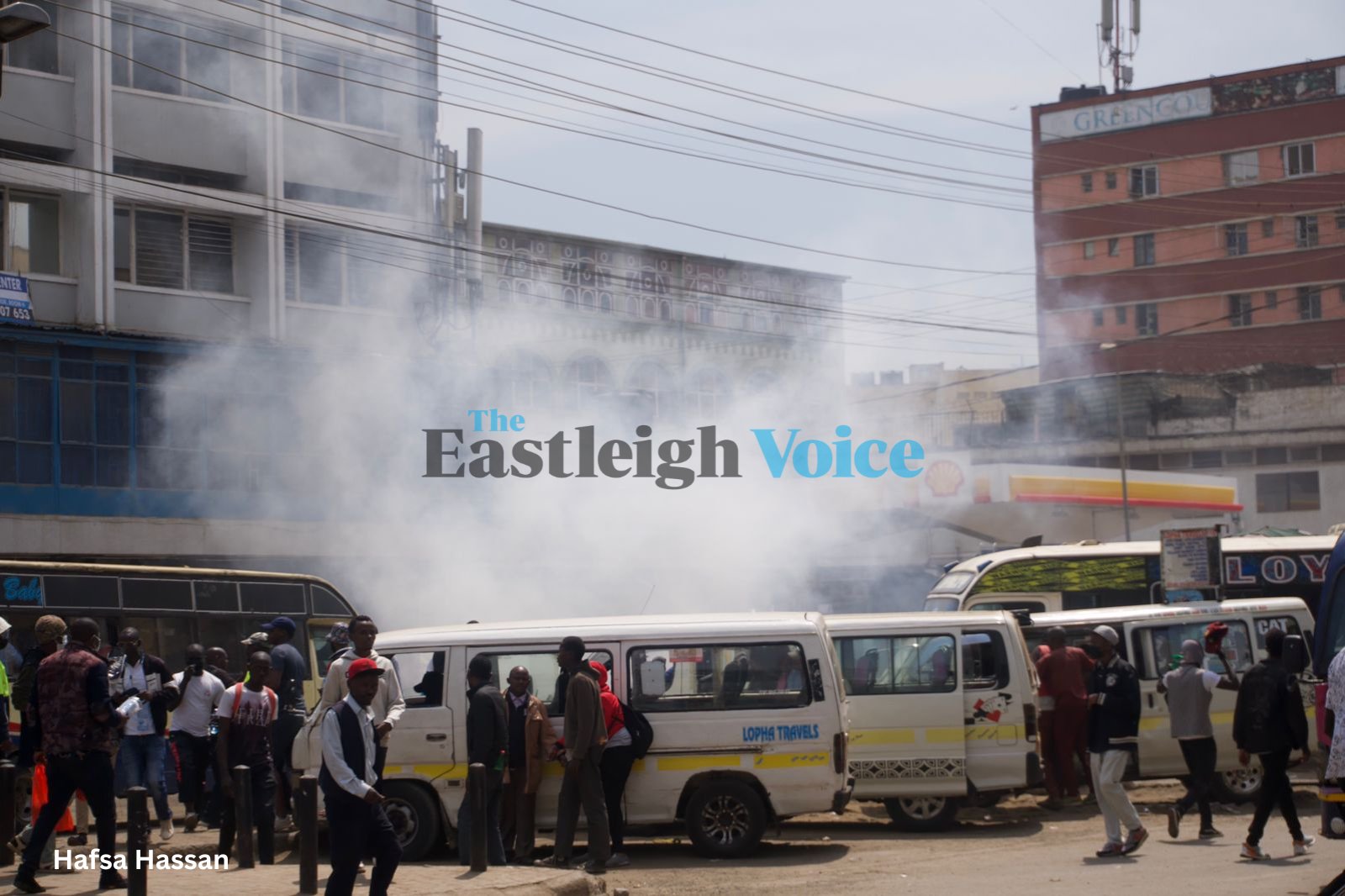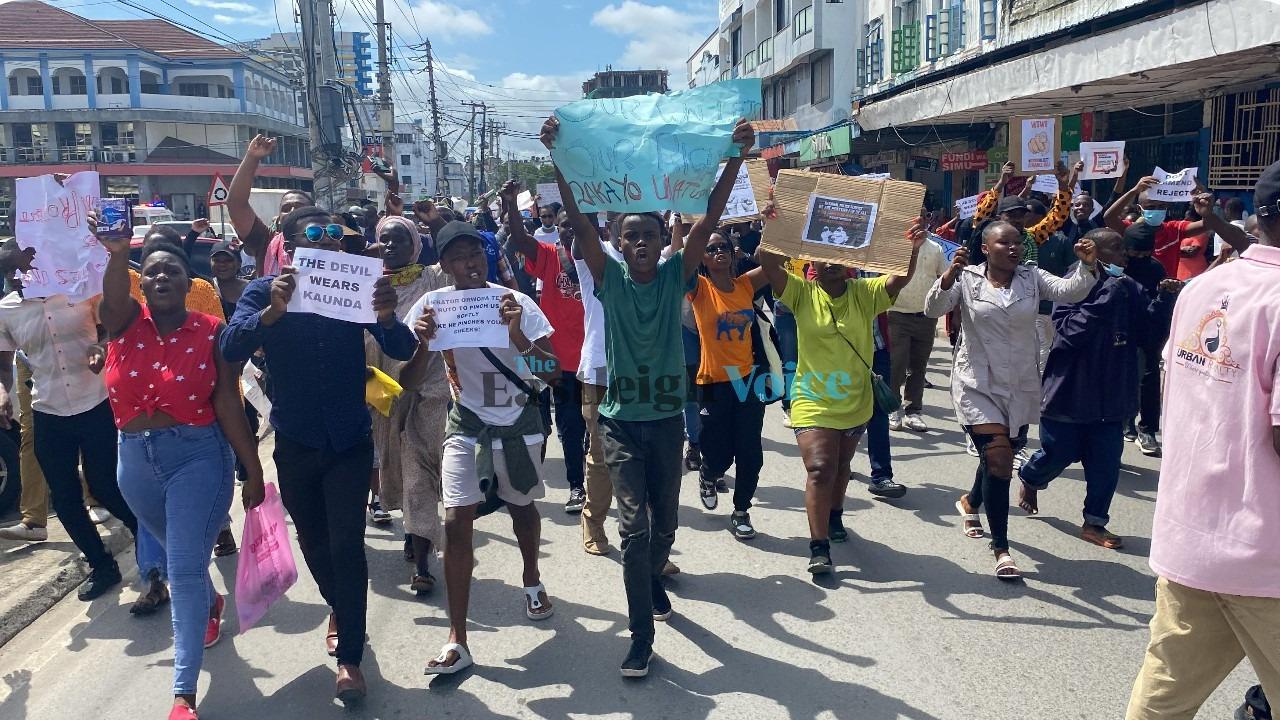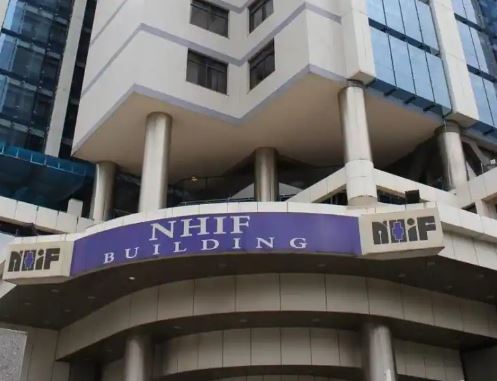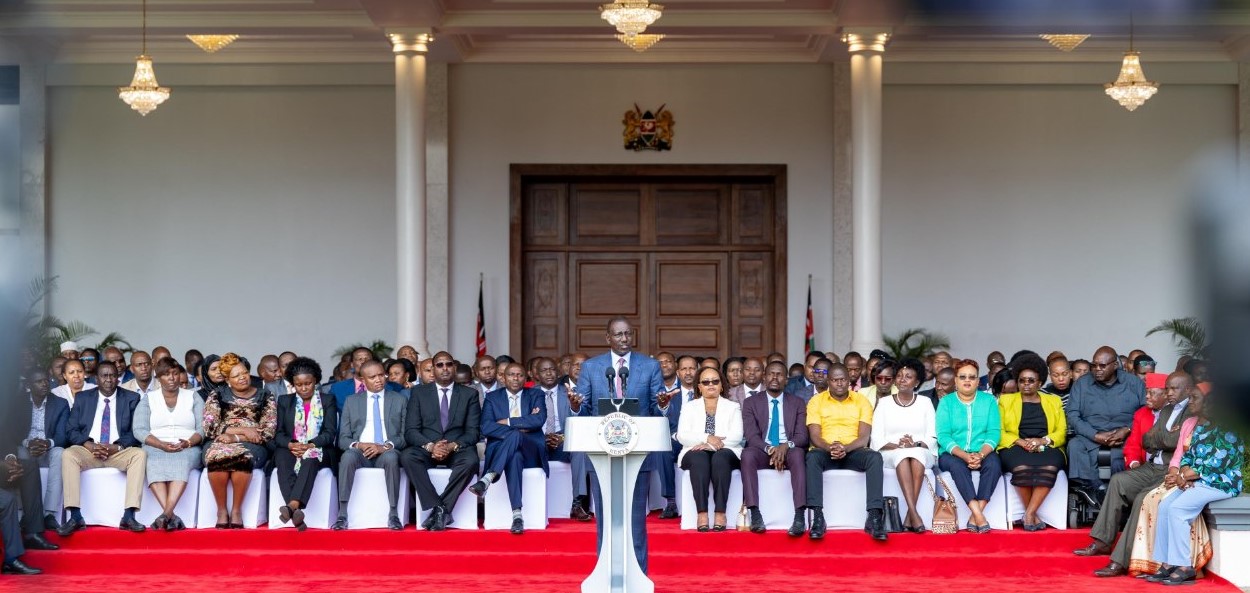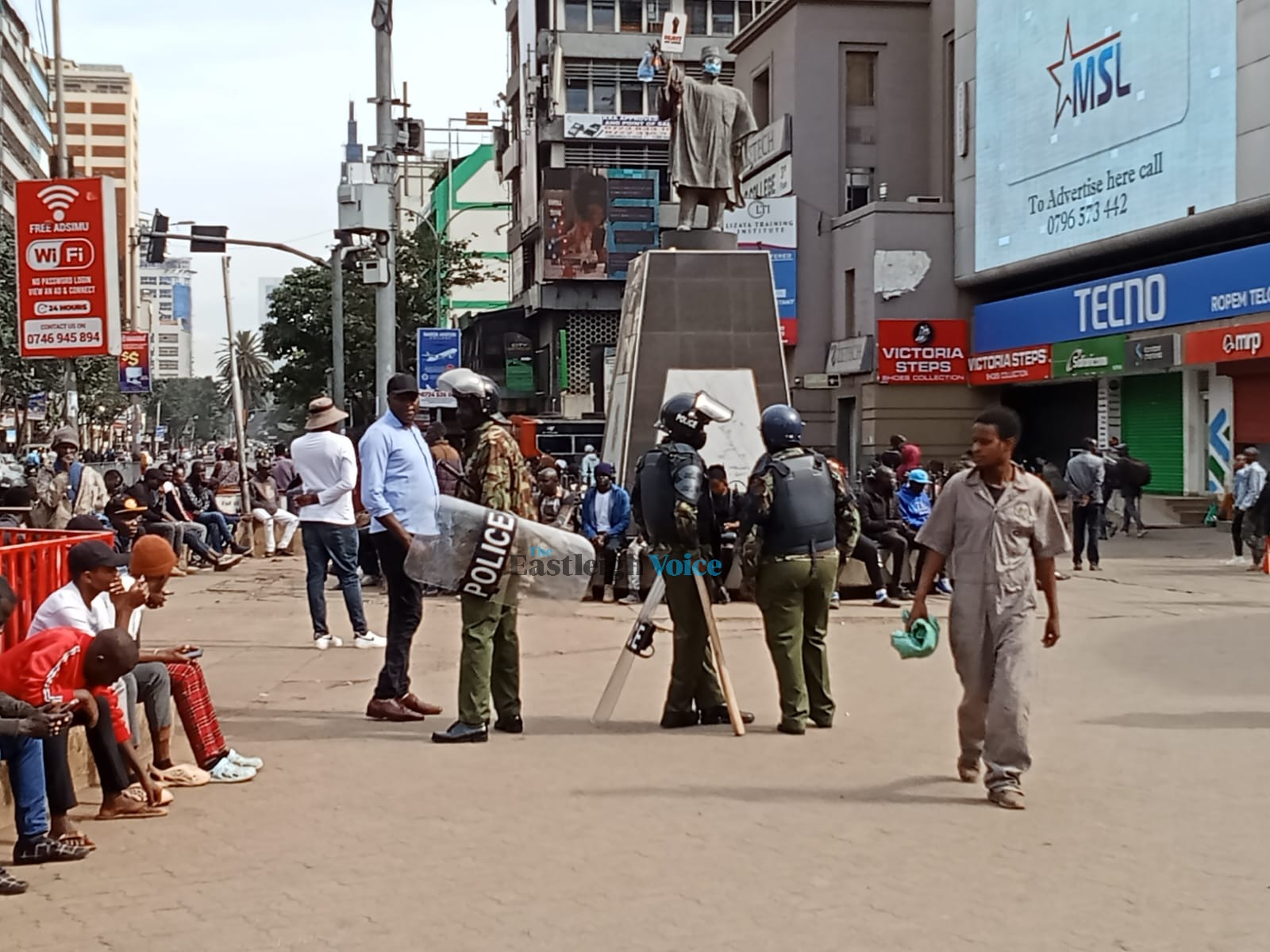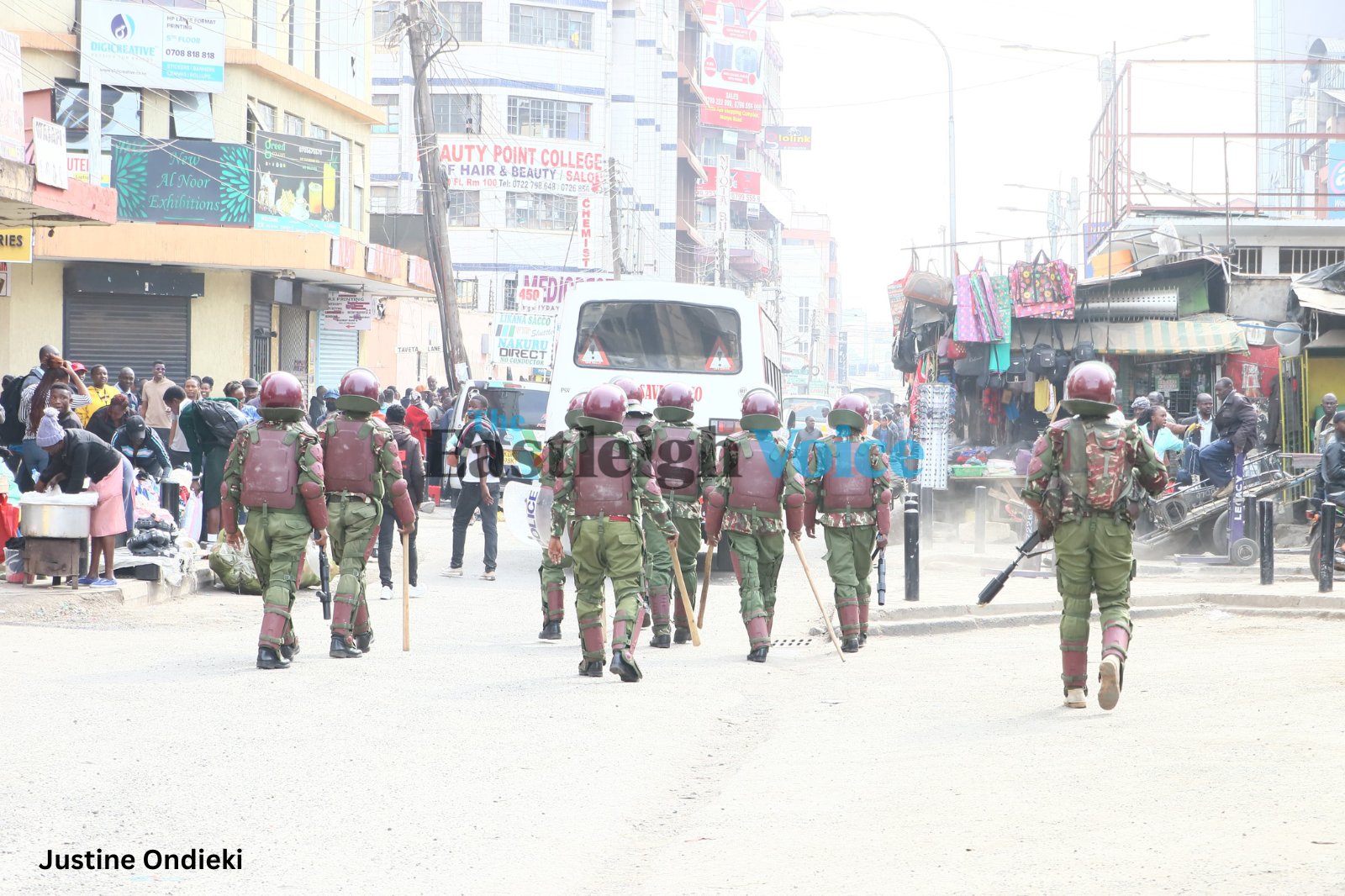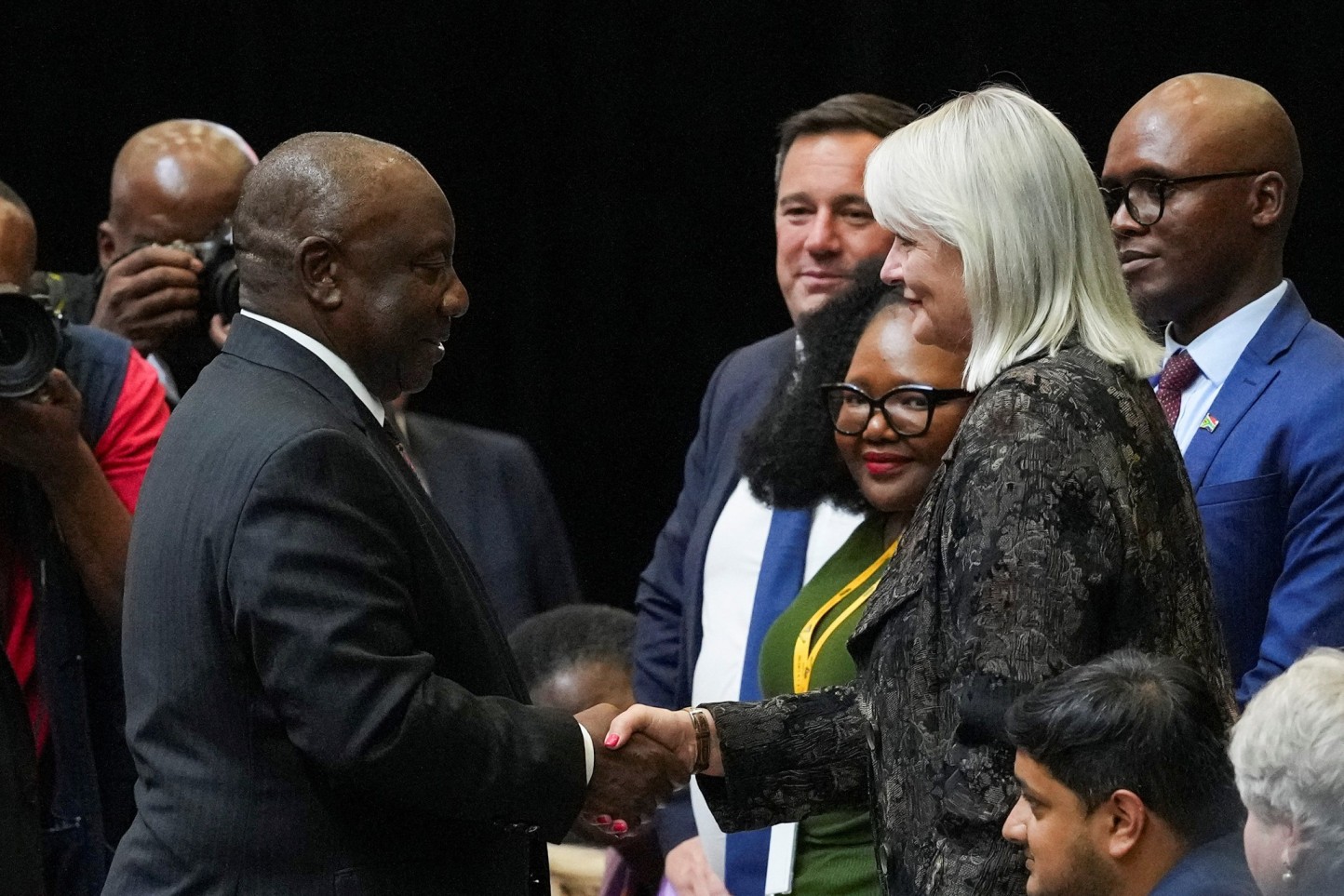Rights groups petition speakers Wetangula and Kingi over Finance Bill 2024
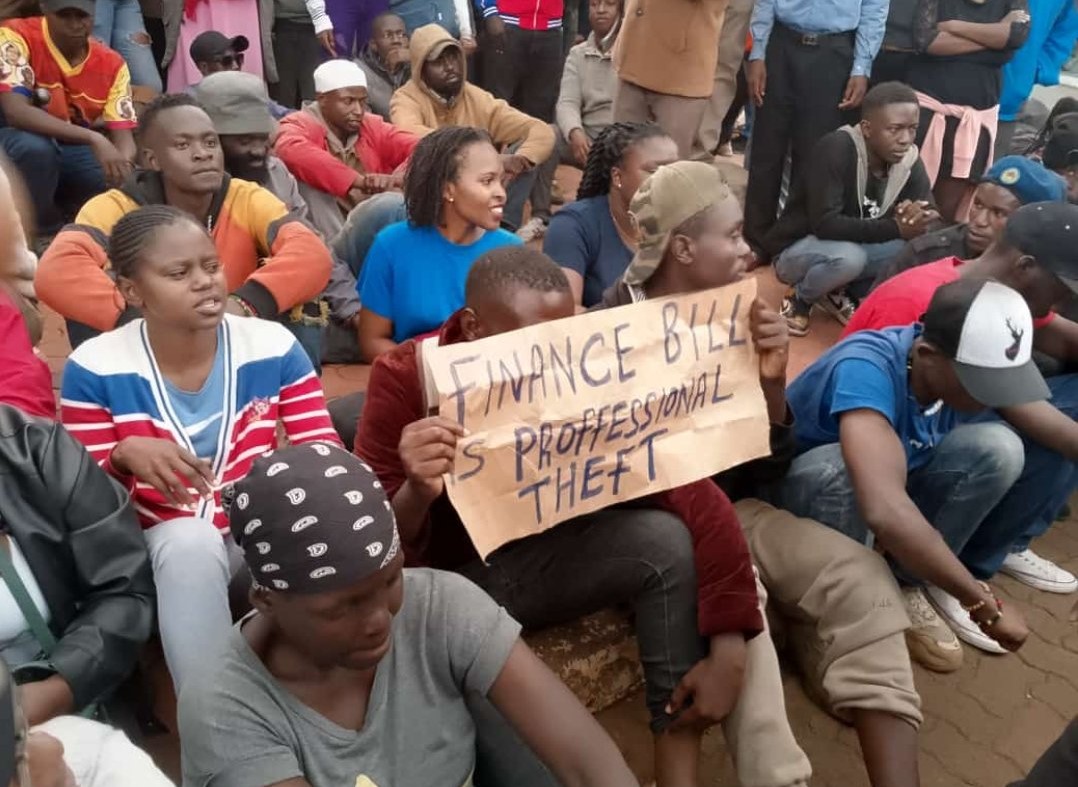
By Barack Oduor |
The group is also dissatisfied with President William Ruto's directive ordering individuals residing on riparian reserves to be evacuated.
Rights movements under the Social Justice Centre Working Group have petitioned National Assembly Speaker Moses Wetangula and his Senate counterpart, Amason Kingi, over several tax proposals in the Finance Bill 2024, which they want to be reconsidered.
The activists, led by their national convener Wilfred Olal argue that the imposition of taxes through the Bill during a time of economic hardship is both unjust and counterproductive, adding that families are grappling with high costs of living, unemployment, and stagnant wages.
"The additional taxes on essential goods and services will further erode their purchasing power, exacerbating poverty and inequality," Olal warned on Thursday, a day after leading demonstrations against the Bill in the streets of Nairobi.
Keep reading
- I have no blood on my hands, Ruto says after deadly Finance Bill protests
- Authors discuss global issues, pay tributes to anti-tax protest victims at Nairobi Literature Festival
- UNICEF condemns violence against children in global conflict zones
- Opinion: Police response to protests should not escalate tensions
According to the rights group, the recent increase in taxes on basic food items like bread and other household essentials is a deeply concerning move that warrants strong condemnation. This regressive measure will disproportionately affect the already exploited and economically vulnerable masses, worsening their financial hardships.
"At a time when many families are struggling to make ends meet, such an increase in the cost of essential goods is not only unjust but also cruel. It undermines the basic human right to access affordable food as enshrined in Article 43 of our Constitution and threatens to push more people into poverty," Olal added.
The group is also dissatisfied with President William Ruto's directive ordering individuals residing on riparian reserves to be evacuated, saying recent demolitions have resulted in tragic loss of life and widespread displacement.
They argued that these evictions were executed without adequate notice, compensation, or provisions for the affected individuals. The destruction of homes and communities has also left many homeless, traumatised, and without a means of livelihood.
"The overwhelming presence of police and military personnel during recent evictions, rather than the provision of ambulances, makeshift kitchens, doctors, and medical tents, is a deplorable and deeply misguided approach. This heavy-handed strategy prioritises force and intimidation over compassion and support, exacerbating the trauma and suffering of those being displaced," added Olal.
In his explanation, Olal said that such actions reveal a disturbing disregard for human dignity and basic needs, as vulnerable individuals are deprived of essential medical care, food, and shelter in their time of greatest need.
"The deployment of security forces in place of humanitarian aid highlights a profound failure in governance and a stark violation of the principles of empathy and justice. It is imperative that authorities shift their focus towards providing comprehensive aid and support, ensuring that evictions are handled with the utmost care for human welfare and rights."
They mentioned neighbourhoods such as Mathare, Majengo, Korogocho, Kariobangi, and Ruaraka as some of the settlements affected by what they termed a blatant display of inequality and injustice that demands unequivocal condemnation.
They too decried the alarming rise in cases of police brutality as a matter of grave concern. In their view, instances of excessive force, unlawful detentions, and abuse of power by law enforcement officers have eroded public trust and confidence in the police force.




